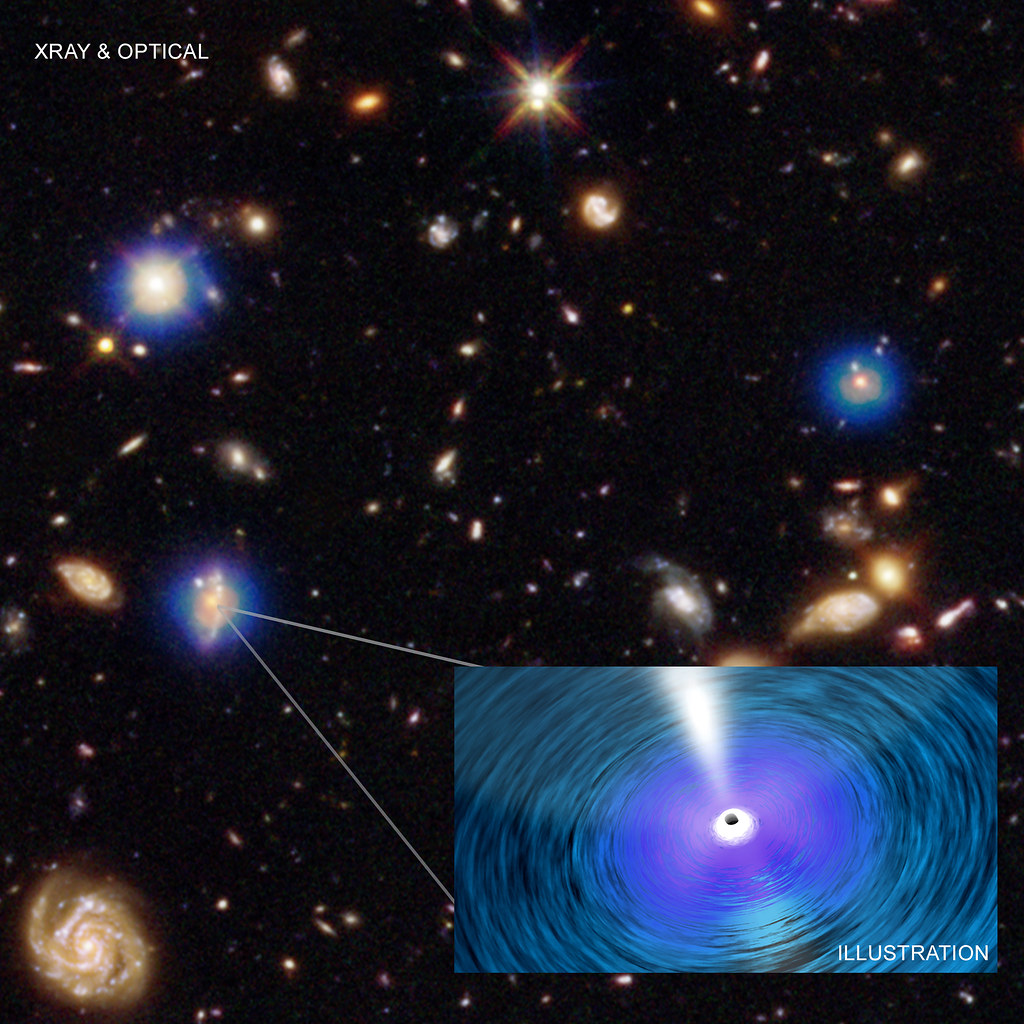Dopamine is a neurotransmitter often associated with pleasure and reward. It has indeed been found to play an important role in adapting us to new situations. A recent study explains how that works, and also shows that dopamine is involved in helping us learn from our mistakes and to adjust our decisions accordingly.

In the study led by postdoctoral researcher Filip Grill from the Donders Centre for Cognitive Neuroimaging, the investigators explored the contribution of dopamine in decision-making by combining neuroimaging techniques with a newly designed task. The subjects needed to guess whether a concealed number was above or below five. Subjects were rewarded for correct guesses but received nothing for incorrect ones. The reward contingencies were switched in the middle of the task without the subjects’ knowledge, which produces periods of stability and volatility not unlike real life, when what appears to be a “right” decision suddenly proves “wrong.”
To follow fluctuations in dopamine and brain activity over the course of the task, the researchers used both functional magnetic resonance imaging (fMRI) and positron emission tomography (PET). They found increased dopamine release in the striatum-a part of the brain known for its role in reward processing-in the context of a switch from stable to volatile norms. Participants could indeed adapt their choices based on new information, and increased dopamine release associated with such change showed the relation between higher levels of dopamine and quicker adjustment, and therefore better task performance.
“I think the general view of dopamine is that it is a kind of reward molecule but here we show that dopamine is also released when we learn from errors,” Grill told PsyPost. “Individuals that were very sensitive to their errors released more dopamine. However, these individuals were not necessarily best at the task. Instead, individuals that released a medium amount of dopamine had best performance.”
These results are corroborated by the fMRI data in terms of increased activity in brain regions considered to have a role in attention and decision-making, especially subsequent to the change of rule. This activity pattern suggests that when the time of occurrence of unexpected outcomes is at stake, the brain engages a network of regions involved in processing these outcomes to update their decisions accordingly.
While the results of the study bear most interesting factors, they have a fair share of limitations. For example, the brain imaging study was designed to compare their findings against a baseline of no-task brain activity; thus, they might have missed how individual differences in levels of dopamine contribute to adaptability. Human behavior and brain chemistry are also complicated, and dopamine is far from being the sole player in this adaptation process. This could perhaps form the basis of future research that investigates other neurotransmitters interacting with dopamine, serving to enable us in learning and adapting from novel information.
The journey to fully understand the human brain’s remarkable ability to adapt is not even close to over. Possible directions of future studies could include an investigation of the impact of different levels of dopamine on decision-making in a wide variety of situations, either through the inclusion of tasks that more closely parallel complex real-life situations or through pharmacological means that directly manipulate the level of dopamine. Another very promising direction lies in the study of the involvement of dopamine in neurological disorders affecting decision-making and learning and thus providing crucial insight into novel therapeutic approaches.
Related posts:
Dopamine isn’t just a “feel good” chemical: New study reveals its role in reversal learning
Dopamine release in human associative striatum during reversal learning (nature.com)
A recent study has revealed that Dopamine has a positive impact on learning by altering the neural activity of the brain | List23: Latest U.S. & World News



